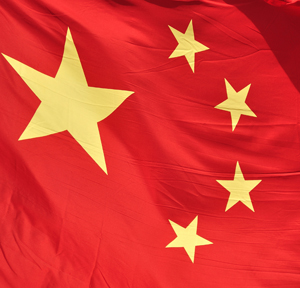Strategy
Threadneedle Cuts Equity Weightings, Frets Over China

With markets having a testing time in the first quarter as a result of increasing geopolitical risk and ongoing concerns regarding China, Threadneedle Investments has halved its overweight position in equities.
With markets experiencing a testing time in the first quarter as a result of increasing geopolitical risk and ongoing concerns regarding China, Threadneedle Investments has halved its overweight position in equities.
Threadneedle is the international investment arm of US-listed Amerprise, which in total oversaw $771 billion of assets as at the end of last year.
Chief investment officer Mark Burgess said that as a result of
the the “burgeoning Chinese credit bubble” it had increased its
underweight position in Asian equities.
“Equity valuations remain attractive, but they are less
compelling than they were. We increased our underweight to Asian
equities on the China concerns and increase our overweight to
Japan on the belief that the impact of the consumption tax will
be lower than feared. Although we remain overweight equities, it
would be fair to say we are less optimistic than we have been for
some time,” said Burgess.
“Within fixed income, core yields are going to grind higher, and
there is much less value in credit given how far spreads have
tightened. Only emerging markets look like they offer any real
value. But given the China issue and geopolitical and macro
risks, we are wary of increasing our weighting at present. If
there is good news, it is that the environment is likely to throw
up opportunities for stock pickers which we aim to continue to
exploit,” he added.
Credit bubble
Burgess believes that the unwinding of the Chinese credit bubble
could “severely test” the Chinese financial system, and unnerve
investors further.
“Over the last few years there has been an explosion of credit,
facilitated by the shadow banking system. Retail investors have
been enticed into an array of savings products promising heady
returns where the underlying investments are often opaque. It is
clear that the authorities are now concerned about this and
investors are surely going to see an increasing number of these
funds go bust,” said Burgess.
“Looking back through history at economies that experienced a
similar growth in credit, it is difficult to find one that ended
well. At best we are likely to see a material reduction in
China’s growth rate, however it could be much worse. Clearly the
prolonged underperformance in Chinese equities has discounted
some of this, and valuations are low relative to other markets,”
he added.